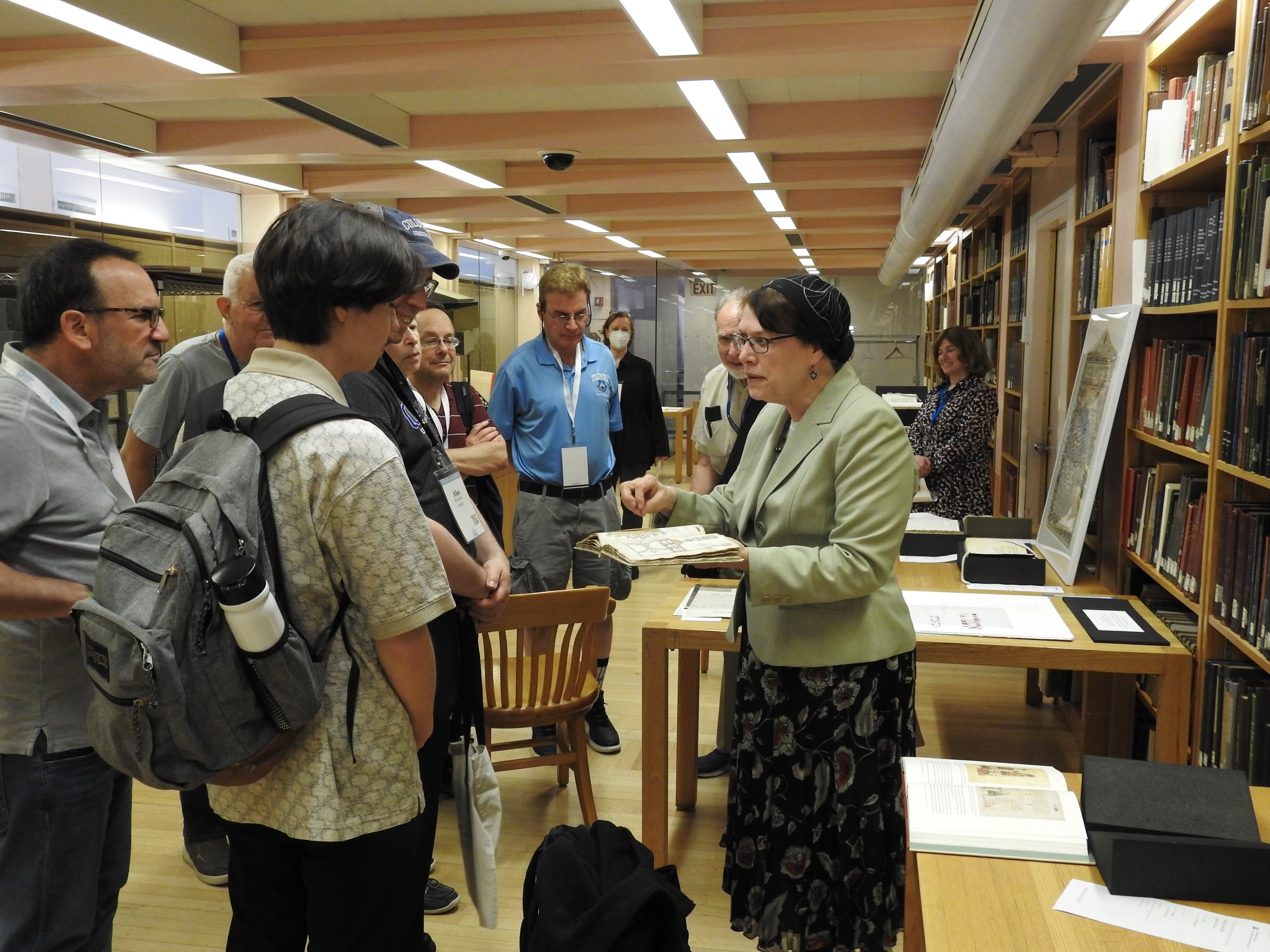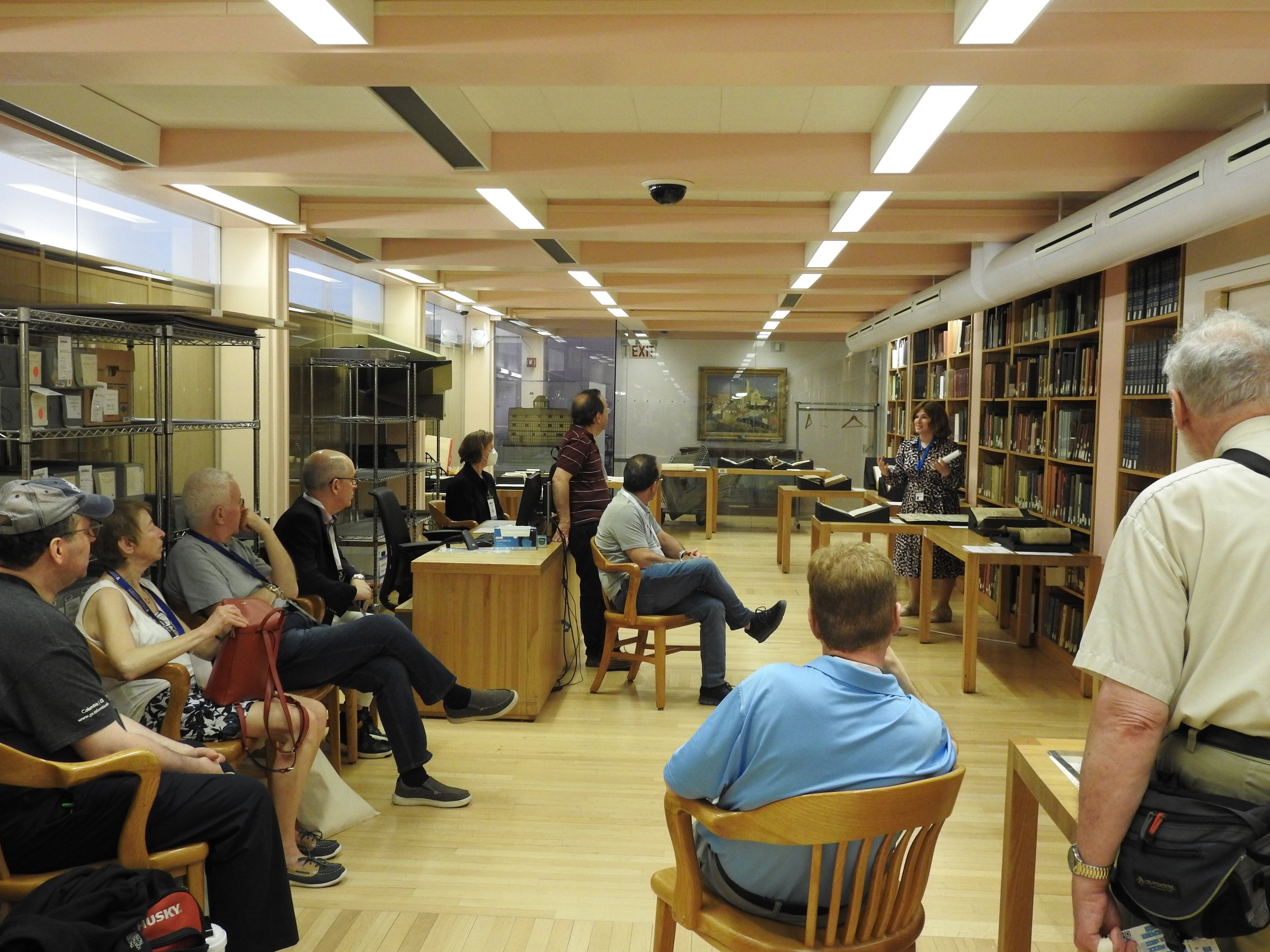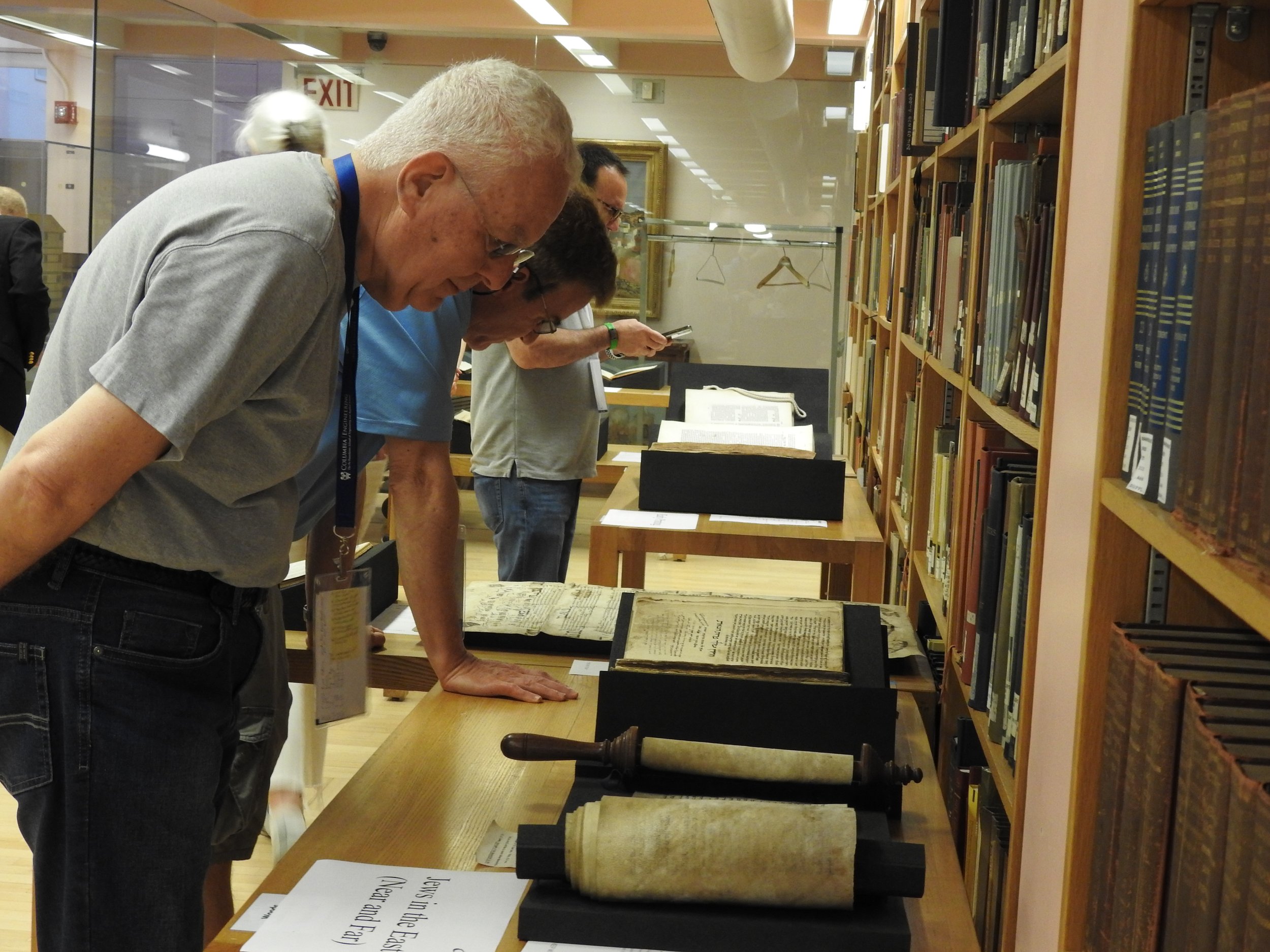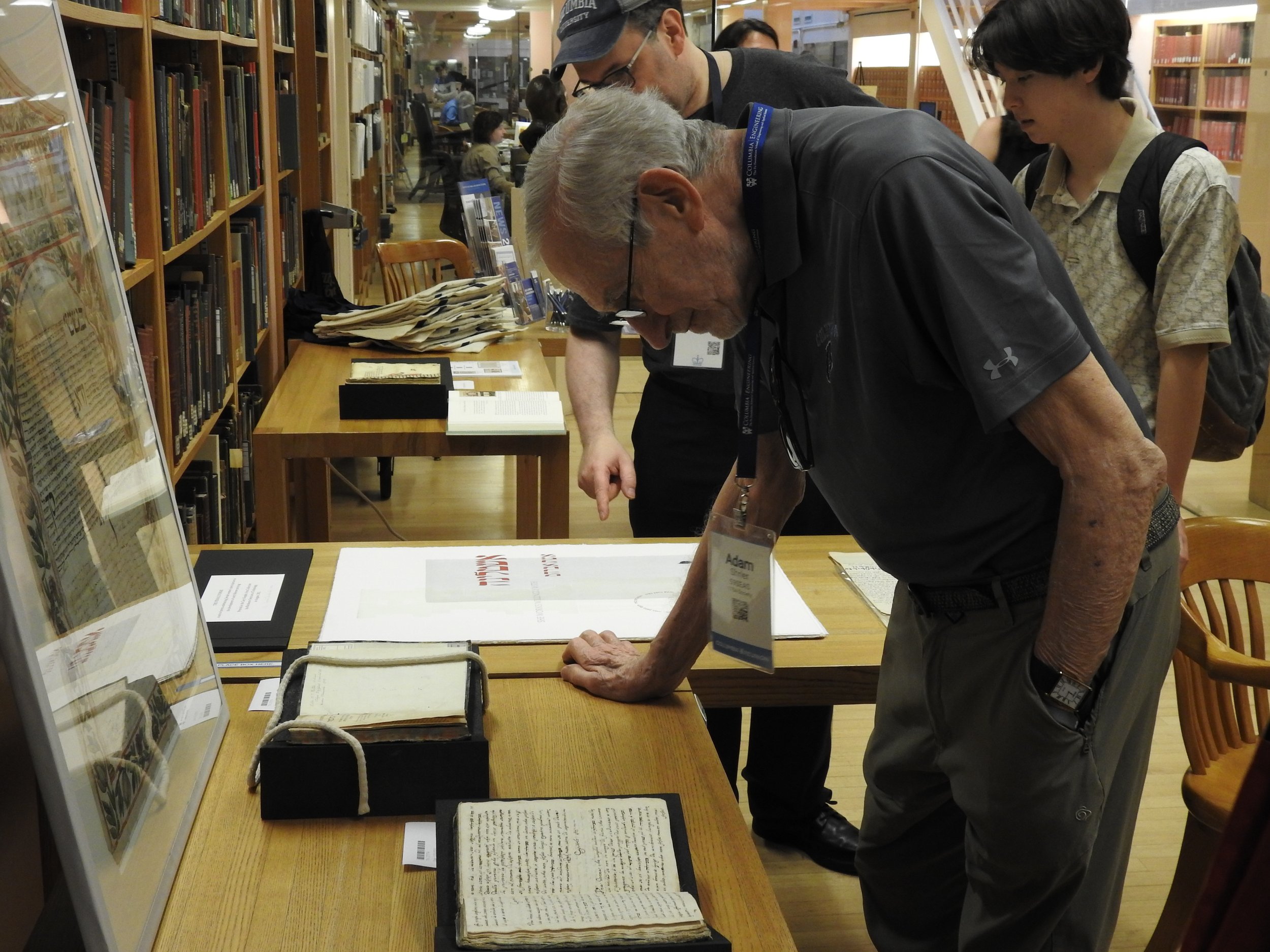The Institute for Israel and Jewish Studies is devastated by the horrific attacks on Israel. We extend our deepest sympathies and support to the families of those who lost their lives and condemn the abhorrent slaughter and kidnapping of civilians. As it has since its inception in 1950, the Institute stands in solidarity with the people of Israel.
On Sunday, October 15, Avi Shilon—a journalist, historian, and political scientist who has taught at Columbia, NYU, Tsinghua University, and Ben-Gurion University of the Negev—joined us for a webinar, “Israel at War: Live Discussion from Tel Aviv.” This talk was moderated by Rebecca Kobrin, IIJS Co-Director and Russell and Bettina Knapp Associate Professor of American Jewish History. Dr. Shilon discussed the terrorist attacks that took place in Israel on October 7th, as well as Israel’s response and impending military campaign, before answering audience questions.
This discussion is available to view in full below.
Avi Shilon has taught with the Institute for Israel and Jewish Studies at Columbia University and the Taub Center for Israel Studies at New York University. He also has been a postdoctoral fellow at The Ben-Gurion Research Institute for the Study of Israel and Zionism, Ben-Gurion University of the Negev, Israel and at Tsinghua University, China. He has published the books The Decline of the Left-Wing in Israel: Yossi Beilin and the Politics of the Peace Process (2020), Ben-Gurion: His Later Years in the Political Wilderness (2016) and Menachem Begin: A Life (2012) as well as articles in Middle Eastern Studies, The Jewish Quarterly Review, and Middle East Journal. Dr. Shilon also writes for the Ha’aretz newspaper. He received his Ph.D. from Bar-Ilan University, Israel in 2015.
Rebecca Kobrin is the Russell and Bettina Knapp Associate Professor of American Jewish History, in Columbia University’s Department of History, where she teaches in the field of American Jewish History, specializing in modern Jewish migration. She is also the Co-Director of the Institute for Israel and Jewish Studies at Columbia University. Her research, teaching, and publications engage in the fields of international migration, urban history, Jewish history, American religion, and diaspora studies. She is one of the principal investigators leading the award-winning digital humanities Historical NYC Project, an award-winning map that visualizes the demographic and spatial changes wrought in New York City between 1850 and 1940.
This event was made possible by the generosity of the Kaye and Knapp Family Foundations.
Keep up with the IIJS on Facebook, Instagram, and Twitter or join our mailing list for updates!





